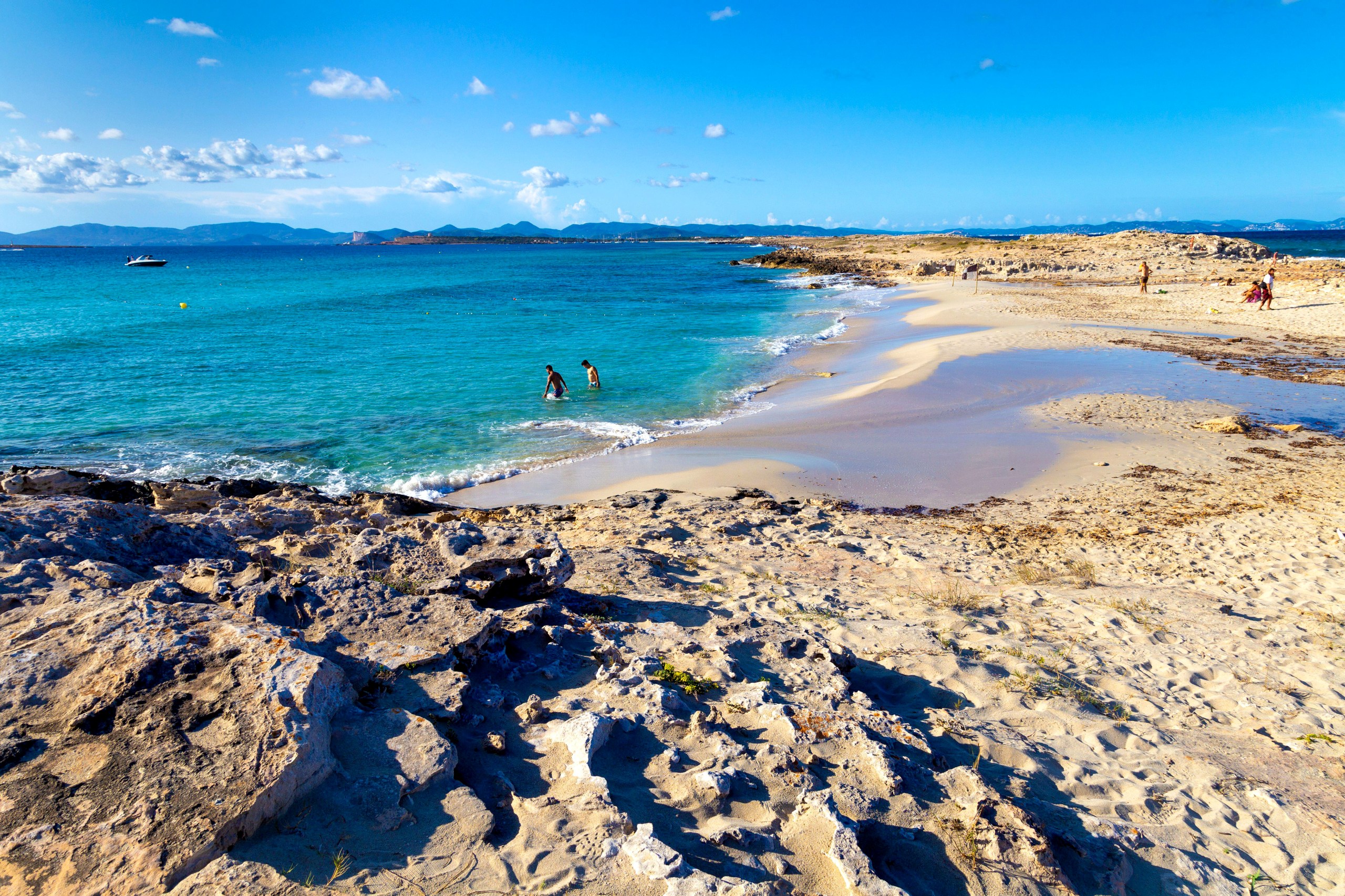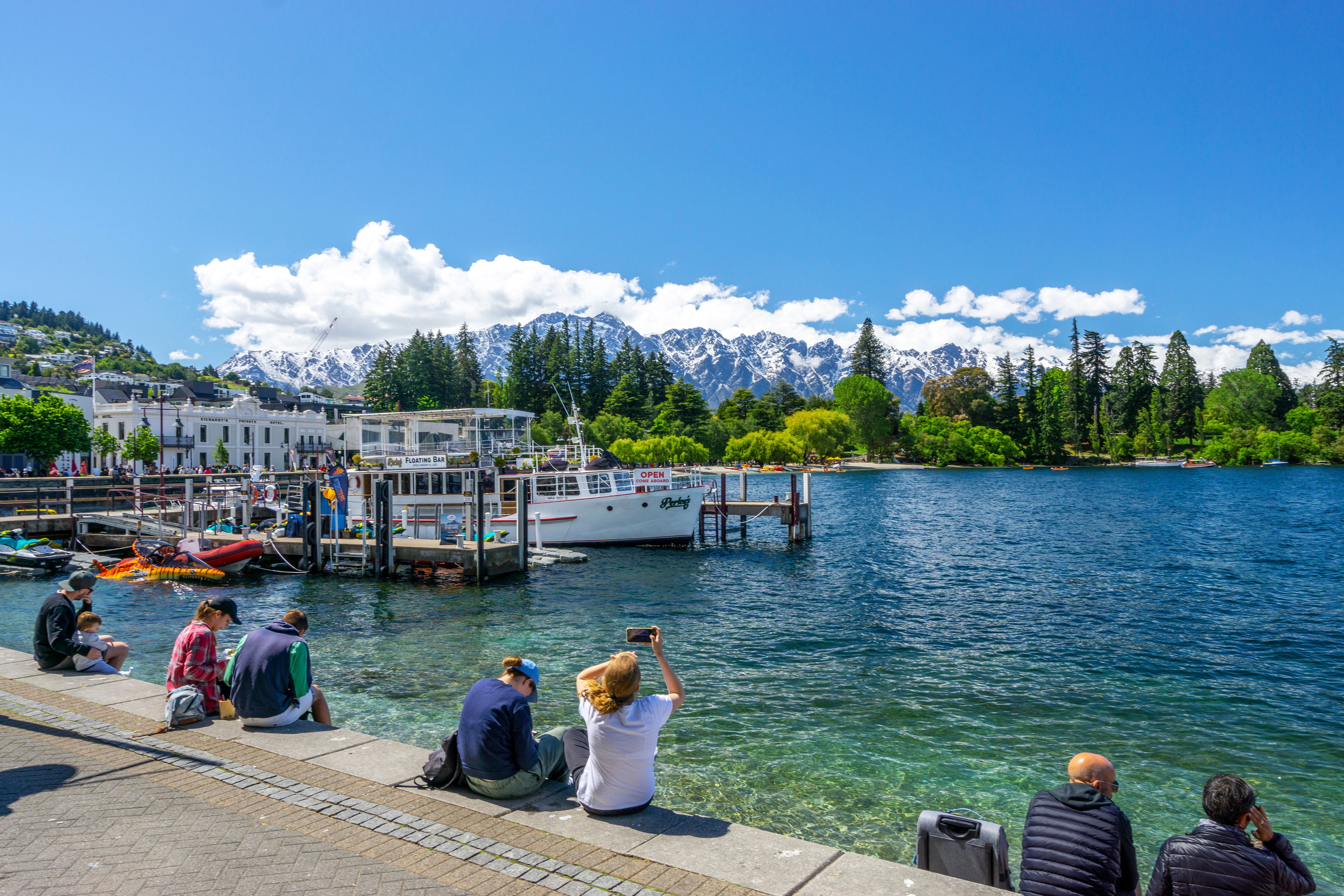Tourist Taxes: Key Destinations Where Entry Fees Apply
Tourist taxes have increasingly become a standard practice in numerous popular locations grappling with significant overtourism. While these levies may deter budget-conscious travelers, they are considered beneficial for enhancing local infrastructure, curbing environmental impacts, and sometimes directly benefiting local economies. The cost of these taxes can vary widely, ranging from just a few euros per night in cities like Venice to several hundred dollars weekly in Bhutan, influenced by the season of travel. Here’s a rundown of notable destinations that impose such fees on visitors.
How much? €1-5 (£0.85-4.20) per person per night for overnight guests, €5 per person over 14 for day visitors (increasing to €10 for last-minute arrivals from 2025).
Venice has implemented a tourist tax for the first five nights of a stay since 2011. The fee, which varies between €1 and €5 per person per night depending on accommodation type and time of year, is collected at check-in. Children under ten are exempt, while those aged 10 to 16 pay half the applicable rate.
In 2024, Venice also began a trial of the Venice Access Fee, a tax for day-trippers that will return in 2025. It costs €5 per person per day for tourists over 14, applicable only on peak dates. Payment details can be found on the official site, and those who delay payment until three days before will incur a fee of €10 per person per day.
2. Rome

How much? €4-10 per person per night.
Italy’s capital city Rome enforces a higher contributo di soggiorno tax, applicable for the first ten days of your stay (or five for some accommodation types). This tax ranges from €4 to €10 per night, depending on the accommodation grade. Additionally, renters using platforms like Airbnb are automatically charged this tax upon booking.
3. Greece

How much? €2-15 per room a night.
Greece introduced an overnight stay tax in 2018 to help alleviate national debt, initially ranging from €0.50 to €4 a night. As of January 2024, this was replaced by a climate crisis resilience charge, set between €1.50 and €10 per room per night. By January 2025, the fee will further increase to €2-15, varying based on the season and accommodation rating. Since the charge is per room, sharing can lower individual costs.
Plans are underway to implement a €20 tax from summer 2025 for travelers arriving by cruise ship at tourist hotspots like Santorini and Mykonos.
4. Paris

How much? €0.65-15.60 (new rates for 2025) per person a night.
French municipalities, including Paris, can impose a taxe de séjour to support local tourism initiatives. They can also add an additional city tax, raising costs further. With Paris hosting the 2024 Olympics, rates will increase by 200% from January 2024, with a subsequent rise in 2025. The fee now starts at €0.65 for basic accommodations and can go as high as €15.60 for luxury options.
5. Amsterdam

How much? 12.5% of the room rate.
Amsterdam’s toeristenbelasting is among Europe’s highest. Previously set at 7% of the room cost plus €3 per person per night, the tax rose to 12.5% in 2024, applicable to all accommodation types, including campsites and holiday rentals. Cruise passengers incur a separate day-tripper tax or dagtoeristenbelasting of €14.50 at the port.
6. Balearic Islands (Mallorca, Menorca, Ibiza, and Formentera)

How much? €0.5-4 per person a night, plus 10% VAT.
The Balearic Islands have a tax for sustainable tourism, ranging from €0.5 to €4 per person daily for those over 16, plus 10% VAT; this may rise in 2025. The charge is influenced by the season and type of accommodation. Cruise passengers are also taxed, as docked ships are treated as overnight stays, even with brief port calls. A 50% discount applies from day nine of an extended stay.
7. Lisbon

How much? €4 per person a night.
Lisbon’s tourist tax was initiated in 2015 as a temporary measure. Initially bifurcated into a €1 fee for travelers arriving by air or sea (other transport was exempt) and a nightly charge of €1 for overnight guests, the tax became permanent in 2019 and doubled to €2 per person for the first week. As of 2024, the nightly fee increased again to €4 for overnight stays and remains at €2 for cruise visitors.
8. Switzerland

How much? Varies by region; typically up to CHF 7 (£6.30) per person a night.
In Switzerland, tourist tax varies by canton, with different applications. For instance, Lucerne charges between CHF 0.5 and CHF 6.50, contingent on accommodation type. Zurich has a flat fee of CHF 3.50, regardless of the lodging quality. Most cities offer complimentary public transport for certain nights to overnight visitors.
9. Berlin

How much? 7.5% of the room rate.
Berlin is among the few German cities implementing a tourist tax. Instituted in 2014, it calculates at 7.5% of the cost of accommodation for the first 21 days, excluding food and additional services. The exemption for business travelers was eliminated as of April 2024.
10. Prague

How much? CZK 50 (£1.35) per person a night.
Prague previously had one of Europe’s lowest tourist taxes at CZK 21, but this rate increased in early 2022. Guests now pay CZK 50 each night, applicable to the first 60 days. Funds generated are intended to enhance tourism development in the city as previous promotions were partly funded via resident taxes. City officials are considering raising the tourist tax to align with other European cities.
11. Vienna

How much? 3.2% of the room rate.
In Austria’s capital, tourists incur a tax of 3.2% of their room rate, consistent throughout the year. The revenue supports Vienna’s promotion efforts through its tourism department. Generally, this tax is incorporated into the accommodation price upon booking, making it less noticeable on invoices.
12. Bhutan

How much? $100 (£74) a day.
Bhutan is recognized for having one of the highest tourist taxes globally, known as the sustainable development fee, which costs $100 daily per visitor ($50 for children aged 6-12). This fee was recently reduced from $200 but remains a strategy to deter budget travelers while promoting sustainable tourism growth. Payments can be made through various tour agencies or online at bhutan.travel.
13. Bali

How much? IDR 150,000 (£6.80) per person.
In February 2024, Indonesia enacted a visitor tax on its most sought-after location, Bali. Unlike typical daily charges, a fee of IDR 150,000 per person is payable upon arrival or before at the airport, applicable to all international tourists without child discounts.
14. Japan

How much? ¥1,000 (£5.19) per person.
Japan has been collecting a departure tax from travelers since January 2019 for all departing by air or sea, given its island geography. The fee is ¥1,000 per person and is included in ticket costs, with the funds directed towards improvements in the national tourism sector.
15. New Zealand

How much? NZD 100 (£44) per person.
New Zealand introduced an international visitor conservation and tourism levy (IVL) of NZD 35 in 2019, designed to fund tourism infrastructure and conservation efforts. Starting October 1, 2024, this charge will nearly triple to NZD 100, required during visa applications or for the New Zealand electronic travel authority (NZeTA). Fees for electronic applications vary, but refunds are not given if visa applications fail.
16. Ljubljana

How much? €3.13 per person per night.
Ljubljana, Slovenia’s capital, instituted a flat tourist tax of €3.13 per person per night in January 2019. This comprises a €2.50 base tax and a €0.63 promotional fee for city marketing. There is a 50% reduction for children aged 7 to 18 and exemptions for those under 7. Other regions in Slovenia also impose tourist taxes, but rates differ.
17. Barcelona

How much? Up to €7.50 per person per night.
Barcelona requires visitors (aged over 16) to pay two distinct tourist taxes—a regional fee based on accommodation quality and a flat citywide tax. The regional tax varies from €1 to €3.50 per person per night, complemented by a city tax of €4 per person per night. Importantly, these fees are limited to the first seven nights.




Post Comment